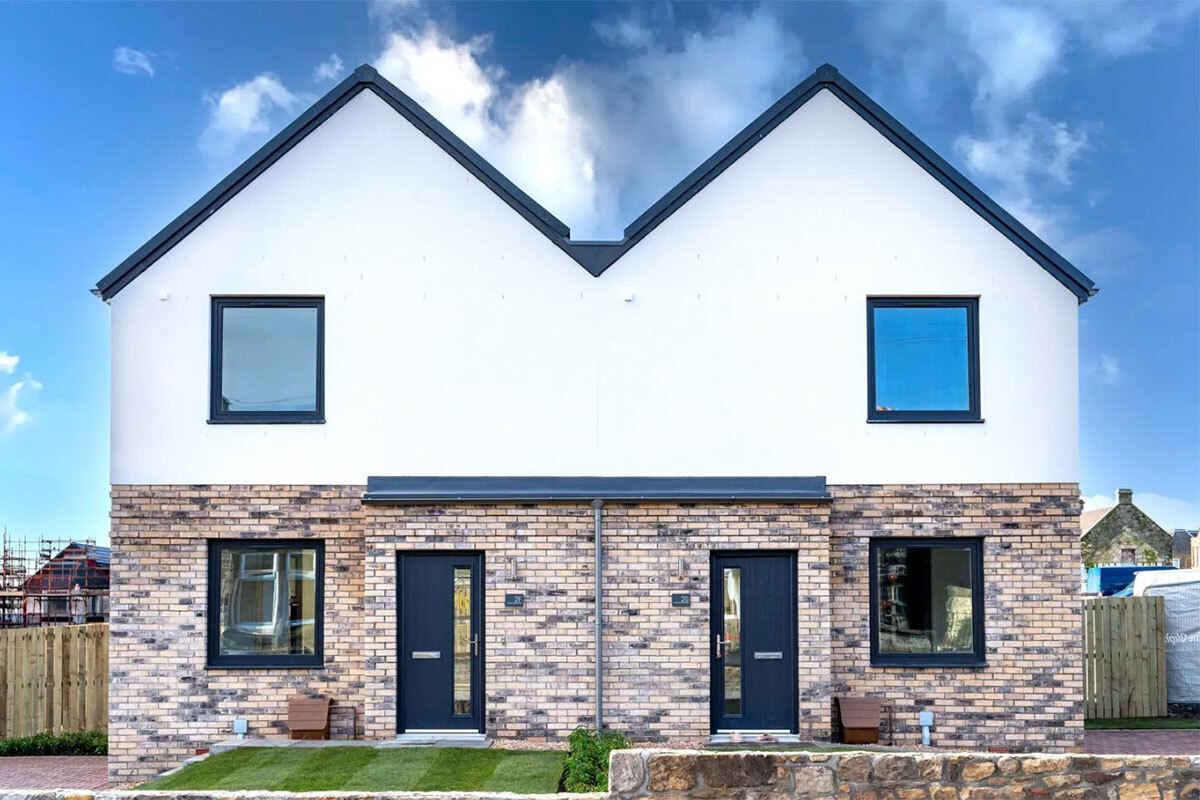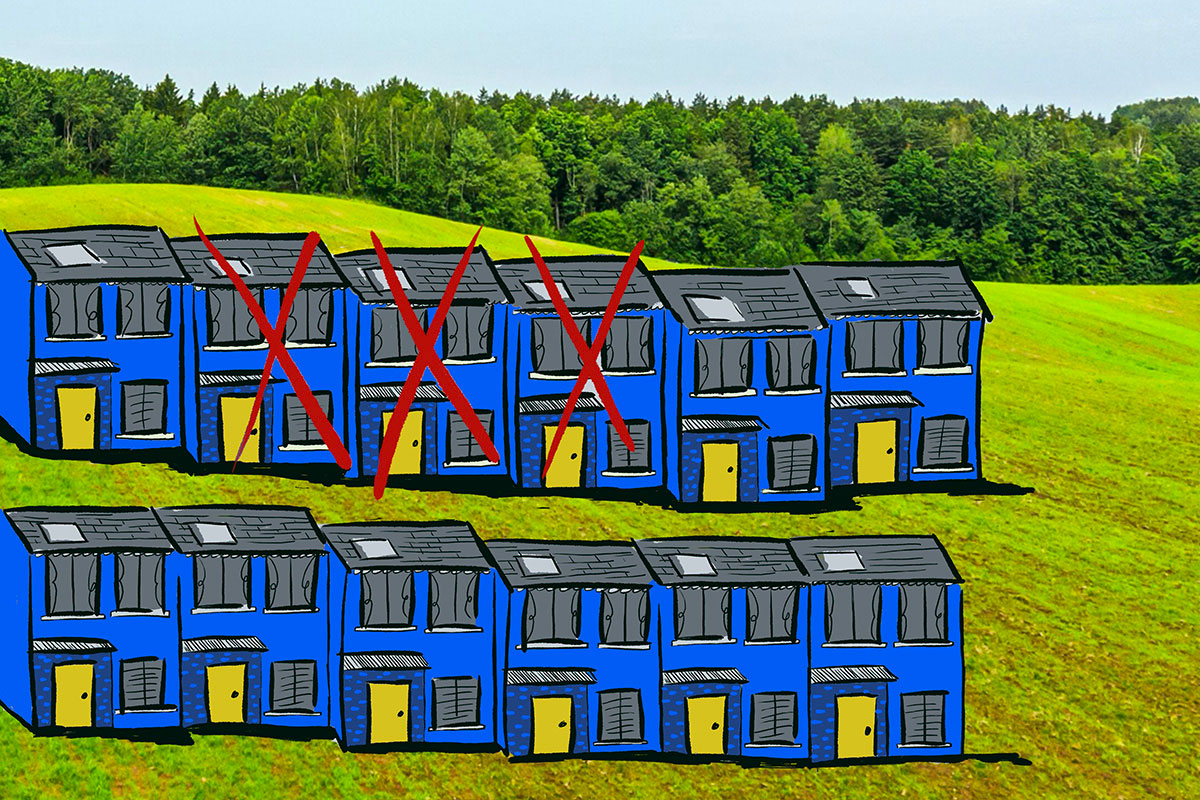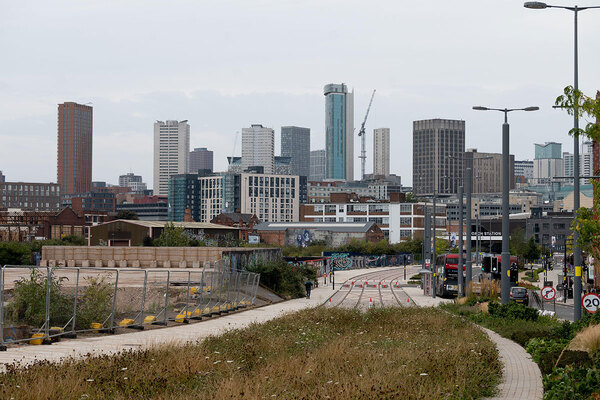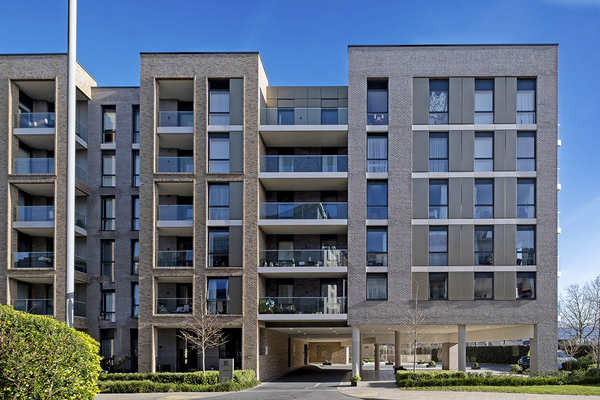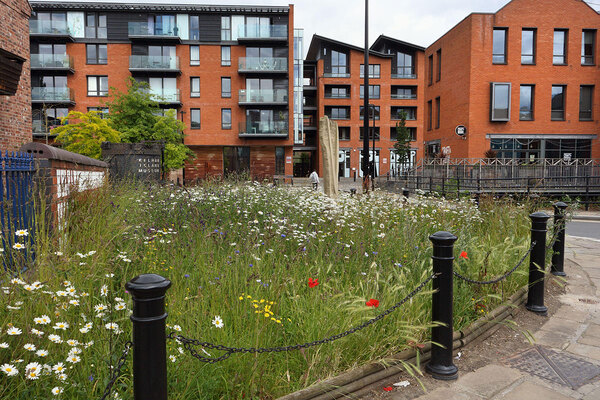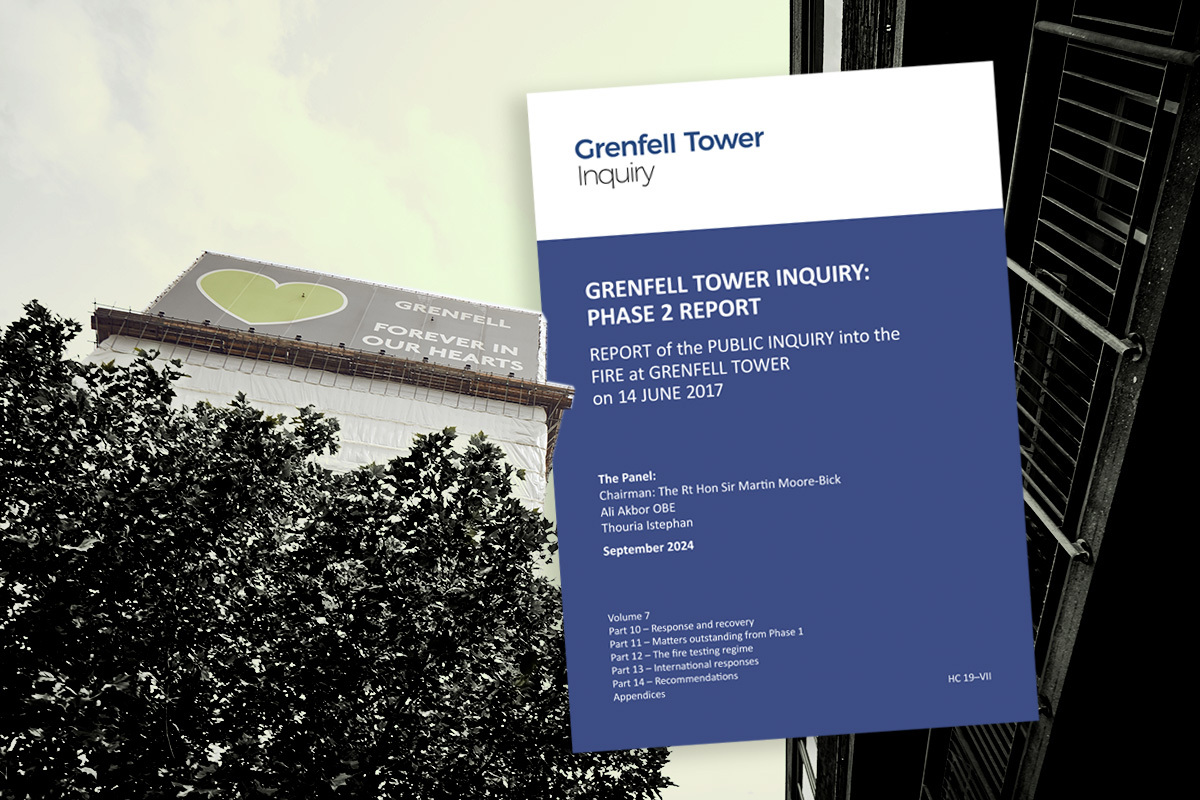You are viewing 1 of your 1 free articles
‘Alarming’ 20% fall in Scottish SME house builders’ market share
Homes for Scotland has reported an “alarming” 20% fall in the market share of small and medium-sized house builders.
SME developers now deliver less than 20% of new home sales per year in Scotland, down from 40% in 2017, according to the house builders trade body.
The report found “alarming contractions” in the number of SME house builders operating in Scotland, their market share and the value of the homes they are building.
Analysis of new build sales from Registers of Scotland found that average annual SME new build sales fell from 3,400 between 2006 and 2018 to 1,800 between 2019 and 2023.
This loss of the market share by SMEs “has been captured by larger home builders”, Homes for Scotland said, with developers delivering more than 50 homes a year, accounting for over 80% of new build sales since 2019.
After the global financial crisis, the number of SME house builders fell to a low of 154 in 2013 before increasing to 333 in 2016. Since 2019, the number of SME builders has reduced to 133 in 2023.
An analysis of Companies House found that since the pandemic, the number of SME house builders being dissolved has increased 45% between 2019 and 2023.
Dissolved companies are typically under five years old and based mainly in urban centres, as well as North and South Lanarkshire.
A total of 507 SME house builders were dissolved in Scotland in 2023, up from 350 in 2019.
The report said that despite their falling market share, SME house builders are “crucial to the delivery of a substantial proportion of rural housing” and they have a “vital role” in unlocking technically difficult brownfield sites in cities.
Over a third of housing delivery in rural and remote areas (36%) is undertaken by SME developers, Homes for Scotland said. Areas with higher levels of SME delivery include the Islands, Argyll and Bute, and Dumfries and Galloway.
Meanwhile in cities such as Glasgow, Edinburgh and Aberdeen, SMEs represent a small total number of homes compared with larger home builders, but they control a “disproportionately large” number of brownfield sites. In Edinburgh, SMEs control more brownfield sites than large house builders.
Over 90% of SME development is undertaken on brownfield sites in urban centres, compared to just over 70% for large house builders.
The report claimed that planning obligations represent “considerable barriers to development” for SME builders in both urban and rural areas.
More than half of SMEs told Homes for Scotland that they were “strongly negative” about the outlook for government policy, and almost all considered existing and future energy-efficiency standards to have a detrimental impact on their business.
Homes for Scotland called for national and local governments to reform the planning system for SMEs through a “streamlined and accelerated” planning and building warrant process. The trade body also called for a new Sustainable Building Scotland fund for SMEs.
Sally Thomas, chief executive of the Scottish Federation of Housing Associations, told Inside Housing: “When it comes to developing the essential social homes that we need, having the right conditions is vital and house builders are clearly one of the most important. So this new report makes for stark reading, especially at a time when development is in reverse.
“A decline in the number of small and medium-sized house builders is a huge challenge for all our members, but particularly for those operating in rural areas. A lack of builders means less homes and that, in turn, makes it more difficult to attract high-skilled workers to these communities. Housing supply cannot be addressed without them.
“Scottish government’s successive cuts to the affordable housing budget will only exacerbate many of the development issues facing our housing associations, including the decline of SME house builders. In the middle of a housing emergency, it is not acceptable.”
In May, the Scottish government declared a nationwide housing emergency.
Housing minister Paul McLennan told Inside Housing: “This report from Homes for Scotland is a helpful contribution to understanding the specific challenges faced by SMEs within the wider context of a challenging building environment across the housing sector.
“While we remain focused on delivering 110,000 affordable homes by 2032, our capital block grant is being reduced by nearly 10%, a loss of more than £1.3bn by 2027-28. Likewise, our financial transactions budget – key to delivering affordable housing – has been cut by 62%.”
He said the government is investing almost £600m in the affordable housing supply programme in 2024-25.
“To maximise the impact of this investment, we are concluding our review of this programme with inputs from stakeholders to ensure resources are being deployed to optimal effect,” he said.
Mr McLennan added: “We are also working on the development of specific options to attract private investment through the Housing Investment Taskforce.
“We also recognise the crucial role of a well-resourced planning system. The new national planning improvement champion will monitor performance, look at trends, share good practice and identify efficiencies.
“We received positive feedback on our proposals in the recent ‘investing in planning’ consultation, and we will now work at pace to support planning services through an increase in resources and skills development.”
Sign up for our development and finance newsletter
Already have an account? Click here to manage your newsletters
